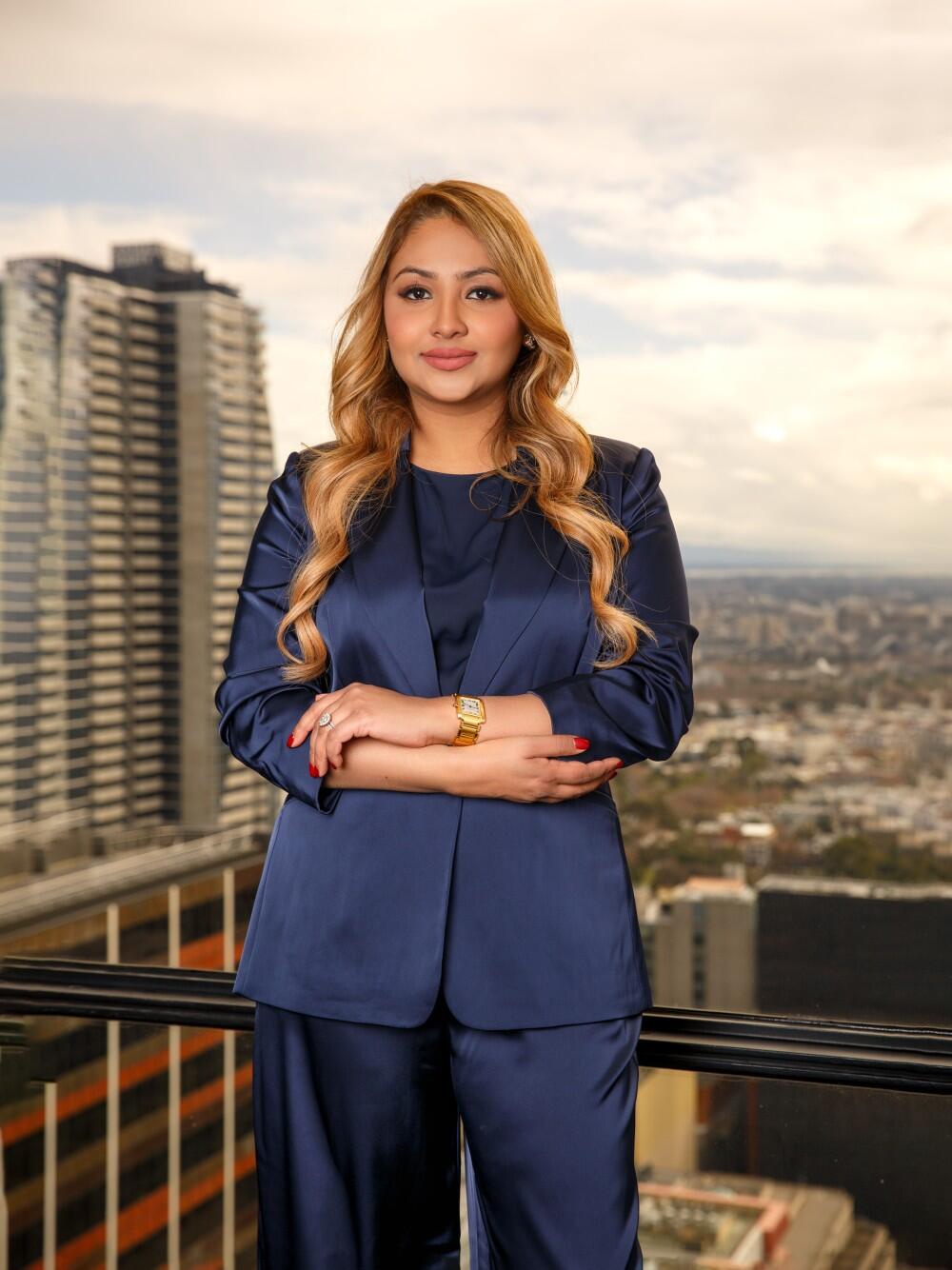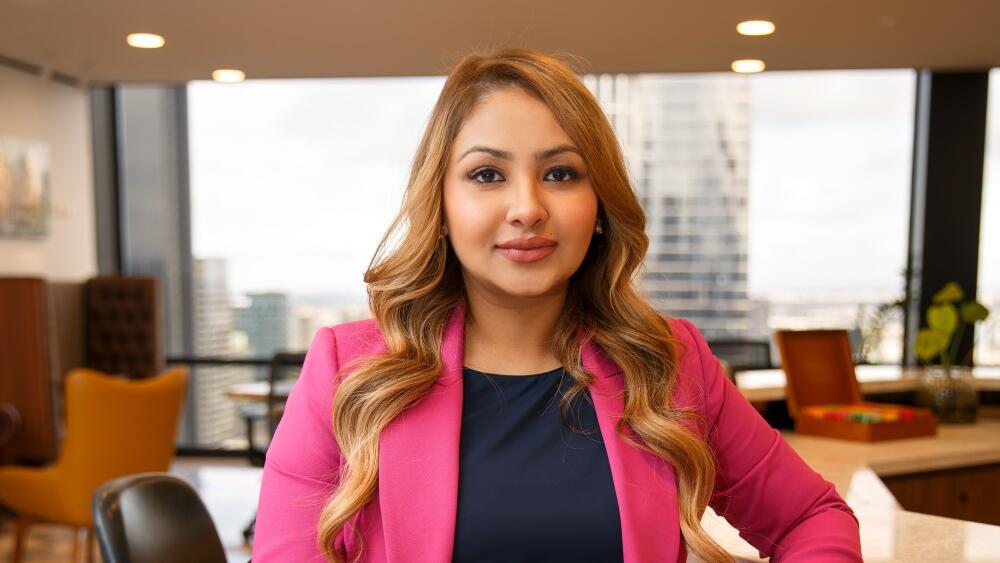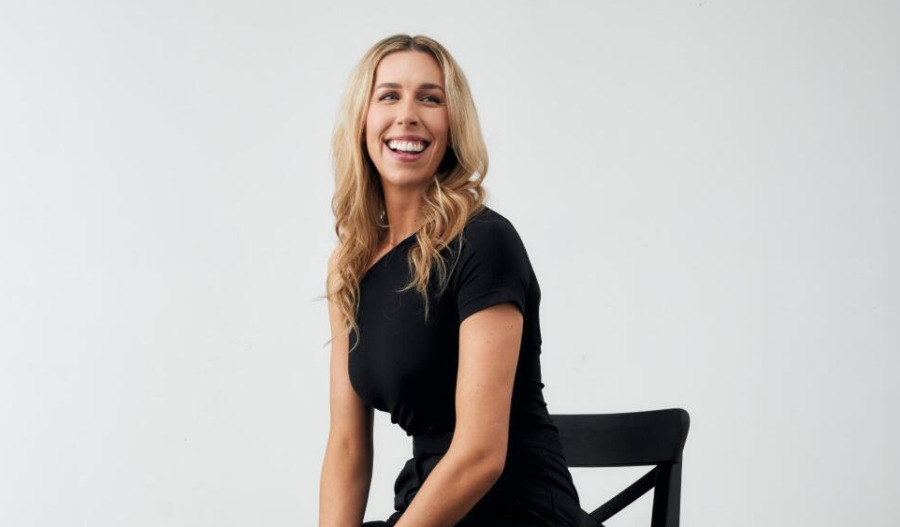As a mother and first-generation immigrant, Melanie Vairawanathan has a unique view on how to combine life and work.
Vairawanathan completed her secondary education in Colombo, Sri Lanka before moving to Melbourne to complete her Bachelor of Laws at Monash University, before becoming a lawyer in 2013 and climbing the ladder.
She then started her own firm, Melmark Law, with a passion for providing support for victims of family violence, where she recently won Gold in the Legal Services category at the 2025 AusMumpreneur Awards.
Starting her own business
Vairawanathan’s first reason for entering the A$33.6 billion Australian market was to create more work-life balance when starting her family.
“I've got a really good support system,” she says.
“Thing is, you need a village and I’ve got a very supportive partner, and my mum was with me for the first nine months after the baby was born.
“I've got very like-minded, amazing ladies who are there to back me through everything.”

With her experience of living through an abusive relationship and being a first-generation immigrant from a vibrant Sri Lankan household, Vairawanathan decided to focus on family law, where she felt she could add a personal touch.
“I've got a bit of everything, and I think it absolutely shapes the way I do business, and I think about and I approach my clients,” she says.
“I have that sort of experience where I know that these systems are built for people like us, and I'm there to sort of change that, and to be there for my clients.”
Despite law being a mainly male-dominated field, Vairawanathan also says being a woman gives her advantages through having a fresh perspective and voice.
“I can bring my own luck, my own ideas and leadership, and change to change that traditional mindset, really,” she says.
“And I think over time was scary at the start, but over time, I think we've, I've learned that being that's what makes us special.”
While not purposeful, Vairawanathan built an all-female team that aligned with her views.
“It's not about gender, it's about people,” she says.
“I just want people who care about care about our clients like I do, and share those same, same values that we have in the firm, and at this stage, for what happened to be all the females that I met.”
Making the business viable
Having a clear vision for her business, Vairawanathan then had to juggle how to make it profitable while not compromising why she started in the first place.
“We need to be able to run to make sure that we're there for our clients, but then also to then not lose that personal touch,” she says.
Especially in the competitive industry that is law, this means adapting and finding new ways of doing things.
Some ways she has done this is through adapting AI technology into the mix.
As part of her business practice, Vairawanathan also wanted to be hands-on by giving her clients constant access to her.

This is where The Virtual Office in Sri Lanka comes into play, as Vairawanathan says it helps Melmark Law keep its costs down.
She first co-founded The Virtual Office as a way to delegate tasks, such as admin and paralegal work, for her law firm, and it has since grown to the point where other law firms are using it.
“I think it's the way to go, because what they do for us is that they do all the back end, but all the hard work,” she says.
“I always say the girls work harder than us because they do all the filing, opening, closing, billing, like all the hard tasks that are time-consuming tasks that then they are my time is free enough to actually be there for the clients.”
Being a smaller firm, Vairawanathan also says the company’s goals are not to meet a certain quota but to instead help individual clients the best they can.
To achieve this, Melmark Law received JustFund accreditation, which allows financial support through extra funds as well as other additional resources.
This allows the company to have more flexible payment options for its clients.
Melmark Law also stands out by offering a lesser-used legal practice called Collaborative Law, where disputes are dealt with out of court.
“It's an out of court method of trying to resolve matters, to keep it out of court, but the parties and their lawyers sign a participation agreement at the start, and they all sit together to try and find a solution for that family, as opposed to trying to, like, trying to point score, essentially,” she says.



